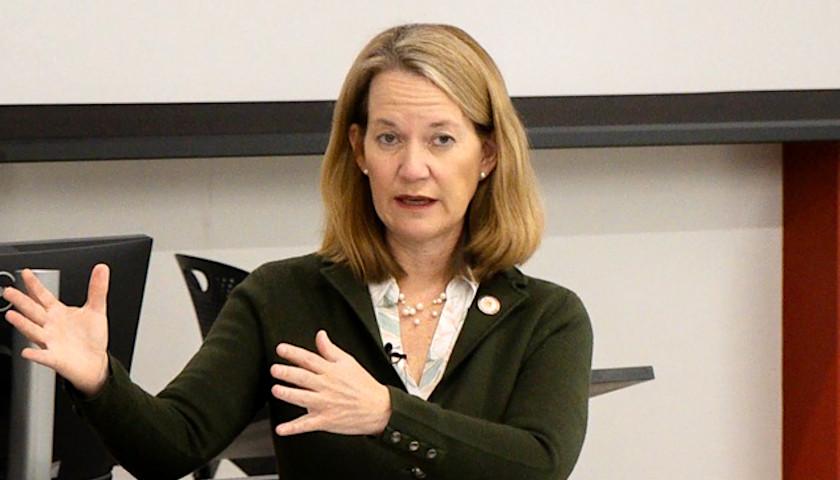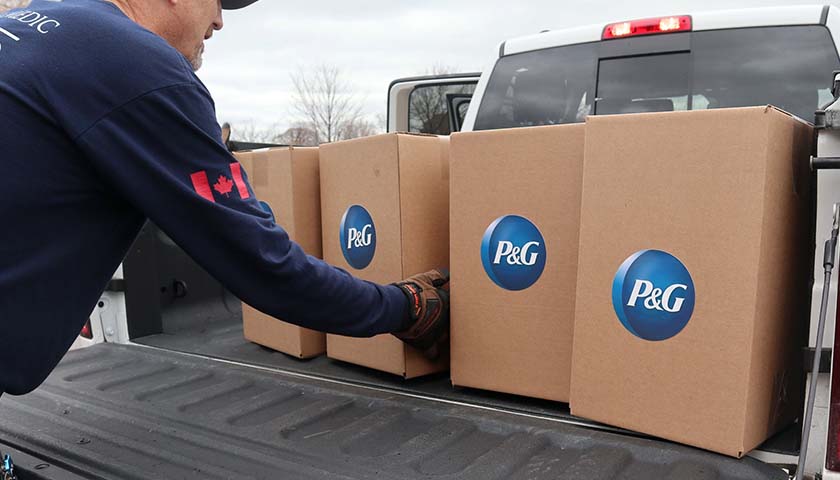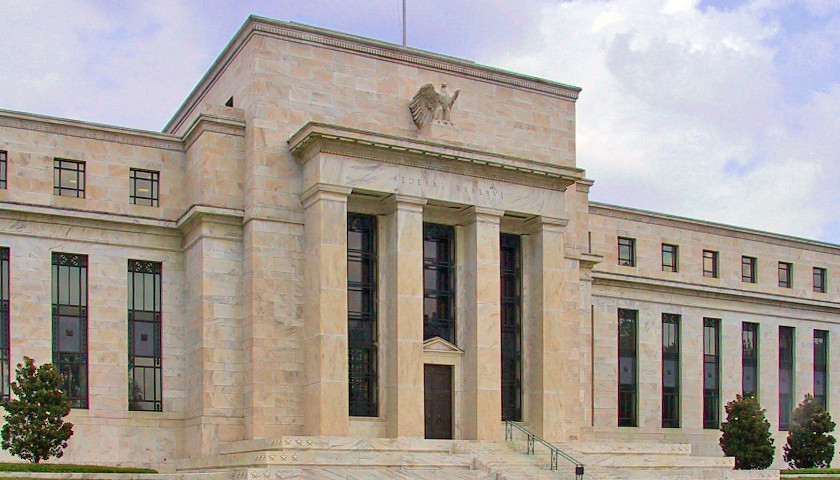Arizona Attorney General Kris Mayes announced a $13 million settlement with Cox Communications over “disguising price increases” as fees.
Roughly $10 million of that settlement will be paid to the state government, but $3 million will be doled out to Cox customers who “signed up for television services” from 2017 to March 2021, even if they are still using the company’s services.
Read the full story




